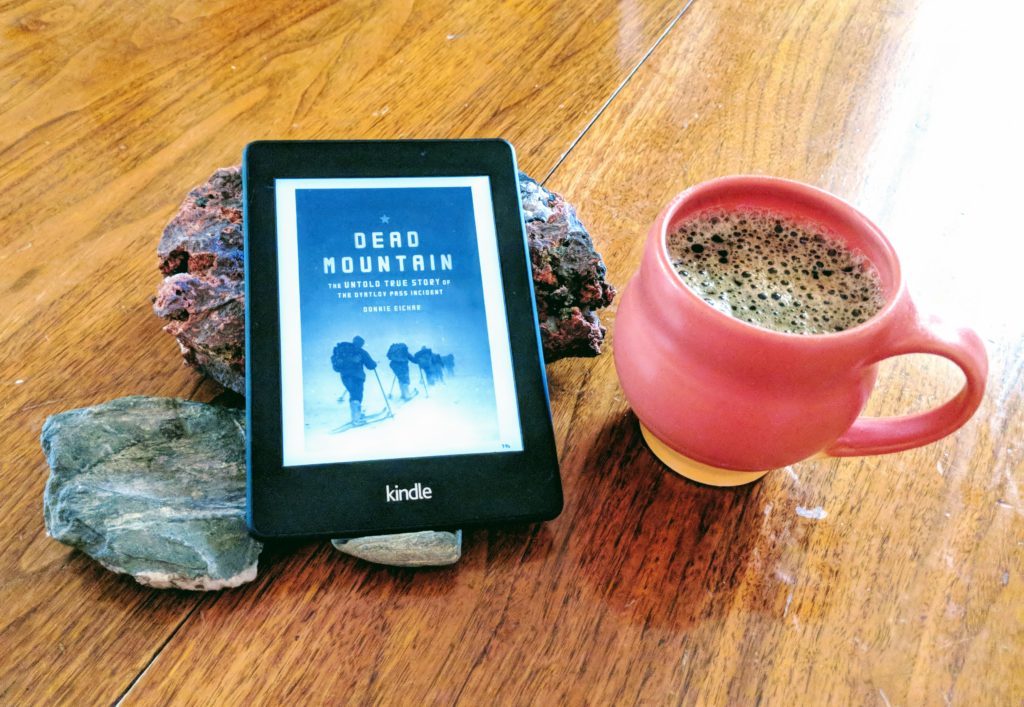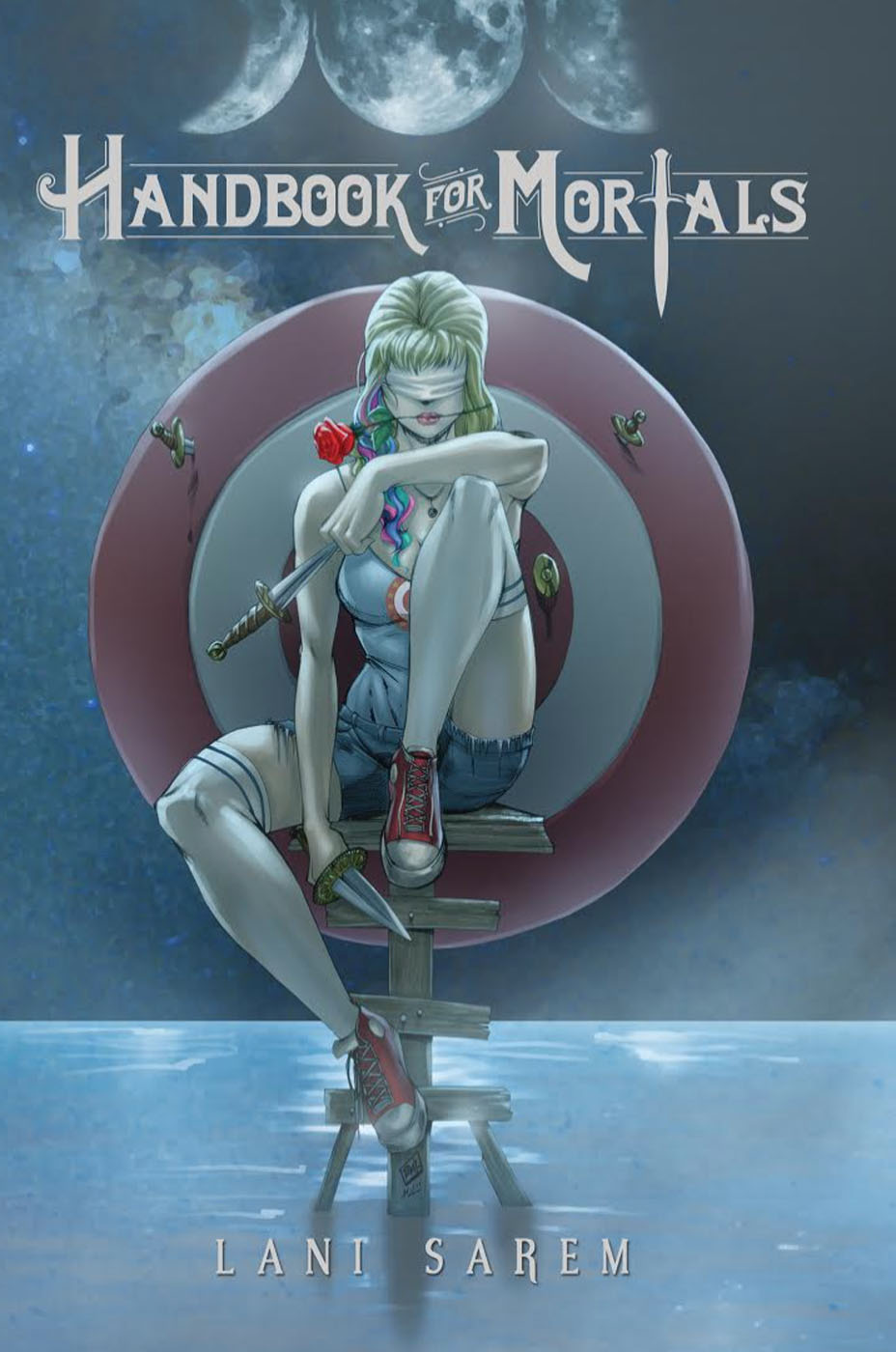I’m talking to a male author at a signing event. He writes thrillers and horror and he’s standing in front of tall promotional banners bearing big-name praise for his books. He’s normal and personable and not braggy.
Which is what makes it worse when he says that his first contract resulted in a seven-figure advance.
He explains how much support he’s gotten from big names, the movie and television rights he’d sold. How none of his subsequent advances have been below six figures.
And how he’d gotten a lot of this attention because an indie book he’d published had reached sales figures that are fairly average to midlist indie romance authors.
“Anyone can do what I did,” he says of his marketing tactics at the beginning. He’s a nice guy and genuinely believes his good luck at stumbling upon a marketing tactic that worked is why he’s being handed big checks and bigger opportunities. He wants his fellow authors to succeed. He wants to pay it forward and help them the way he was helped. Because everyone has been so nice to him, so eager to see his star rise. He tells a story about one of the biggest names in the business flying him out to spend a weekend in his guest house and saying, “We’re going to get you a seat at the big boys’ table.”
It’s a story out of a writer’s wildest dreams.
It’s a story out of a male writer’s wildest dreams.
Those words, “the big boys’ table”, undoubtedly thrilled him in the retelling of the tale. Who doesn’t fantasize about having a rich, powerful person promise them that every dream they have is about to come true? But they didn’t have the same inspirational effect on me that he was probably going for. A moment before, I’d been listening to a fascinating story of an author who really, truly believes in himself and the power of our art.
A moment later, I was slapped with a reminder that these wild literary adventures aren’t for me or any other woman. Because there’s no seat for a female author at “the big boys’ table.”
This table, as I imagine it, is more of a conglomeration of high top bar tables crowded together with bowls of peanuts and pretzels and plenty of room for empty beer glasses. For the most part, it’s cis, straight, white men basking in the camaraderie here. They’re in the center. They’re the ones who can pass you the pretzels or the appetizer menu. If you’re not white or straight or cis or male, they have the authority to say, “Grab another chair! Join us!”
But for the most part, anyone outside the demographic will undoubtedly be told that the management asked them not to rearrange any more tables. That the gathering is unfortunately just wrapping up. That they’ve all just asked for their checks. The peanuts are gone and someone spilled their beer into the pretzels. We’ve missed out.
The male author I spoke to, the one who gets six and seven figure advances, the one who gives credit to his marketing and the kindness of other authors for his success, will probably never understand why a female author’s eyes glaze over upon hearing about his invitation to “the big boys’ table”. As time passes, someone will tell him to chalk up our sudden disinterest to envy. He may stop trying to reach out to help anyone who won’t fit in with the crowd at that table, believing all of us too jealous or bitter to help. It’s entirely possible that no one will ever tell him that the only competition he had for his seat was from other cis white men.
Does this mean his books aren’t good? No. I haven’t read them, but I plan to read his next release because it sounds incredible. Does it mean he hasn’t worked for the success he’s received? Not at all. He’s a hybrid author currently working on self-published releases alongside traditionally published ones, which is no easy feat. The problem isn’t this author or that he’s been offered a seat at the big boys’ table. The problem is that when another man is invited to that table, they forget why they’re there. They don’t notice the people who aren’t sitting with them.
And the men who’ve spent a lot of time at that table know this. They’ve carefully engineered the situation to be this way. And they’re going to tell you that it’s your fault that you’re not taken seriously. That if you wrote something more “literary”, if you used your initials or a male pen name, if you didn’t waste time on this or that publisher, there would be room for you. That it’s not them. It’s not the institution. It’s you.
How can we expect to be treated equitably in a business that openly sneers at its best-selling genre simply because of the people who write it and buy it? How can we believe publishers who insist that they’re giving everyone a fair shake while indulging in boys’ club terminology? Why are we told that men who’ve written fewer books and done half our sales have proven themselves and earned astronomical advances that our work pays to provide?
How stupid do you think we are?
As long as powerful people in traditional publishing describes success in such terms, there is no reason for the rest of us to court industry favor. The game is rigged, so there’s no reason to continue playing. No one is going to come right out and say, “You aren’t welcome,” especially when they can still make money from your work. But they clearly have no issue with acknowledging the truth in casual conversation.
There’s no neat wrap up to this post. There’s no call action. There’s just me, a female writer, sitting at a book signing and dreaming of burning a cheerful watering hole full of jovial male writers to the ground.



